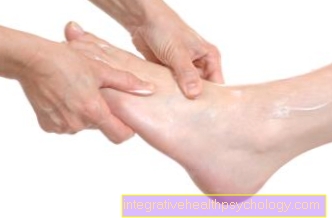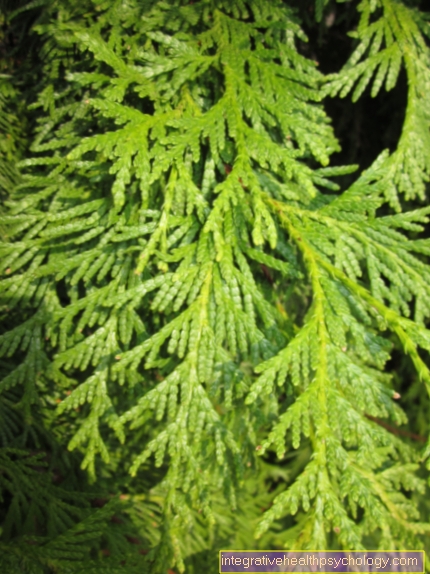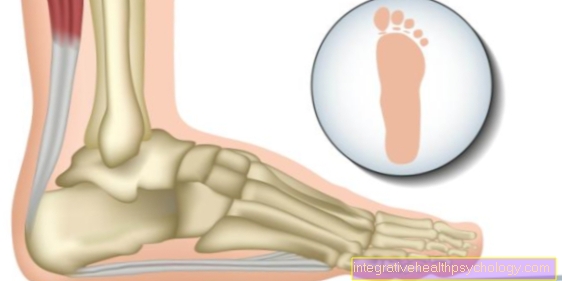Causes of Oily Skin

The fact that we have a thin layer of fat on the surface of the skin is necessary to keep the skin from drying out. It also serves as protection, for example against pathogens or chemicals.
Separate fats (tallow) are formed by the sebum glands of the skin, which are located in the middle layer of the skin (dermis) in the area of the hair systems. They can be found all over the body, with the exception of the palms of the hands and soles of the feet. The amount of sebum production depends on age, gender, season (humid, warm weather promotes the development of oily skin), various hormones, hereditary predisposition, health and nutritional status and various environmental influences.
A Newborn has a large number of fully functional sebum glands, which, however, largely regress in the course of the first year of life. Only during puberty, i.e. from around the age of 10 to 12, do the sebum glands regain their full maturity and function under the influence of hormones.
The sebum secretion is stimulated by testosterone (male sex hormone, a Androgen), it is suppressed by Estrogens (female sex hormones) and antiandrogens. A considerable increase in sebum production can be ascertained up to the age of 17, it continues to rise slightly up to the age of 25 and reaches its maximum around this age. After that it falls continuously.
The hormonal change in the puberty (increased testosterone production) is the most common reason for that oily skin, especially in the form of acne. However, other hormonal influences can also trigger increased sebum production, such as the time shortly before the Menstruation, during pregnancy, after childbirth or after weaning hormonal contraceptives like the contraceptive pill, which otherwise supplies the body with more estrogens.
The main factor that then leads to the development of oily skin is an over-sensitivity of the hormone receptors.
The following are further possible causes: malnutrition or malnutrition, excessive alcohol consumption, Stress, humid / warm weather, hereditary predisposition, certain medications, disorders of the adrenal cortex or the Ovaries, Malfunction of the vegetative (autonomous) Nervous system. In addition, oily skin is a by-product of seborrheic eczema and sometimes of underlying diseases such as Parkinson's.
Causes in the intestine
In addition to mainly hormonal causes for the presence of oily skin is also often the Intestines, or the so-called Intestinal flora blamed for oily skin.
Especially a colonization with a certain intestinal fungus "Candida albicans“Has been mentioned as a possible cause in recent years. However, since a large part of the population harbors this fungus in the intestines and so far no medical evidence for the so-called "Candida Hypersensitivity Syndrome“Which, in addition to oily skin, is said to be the cause of a number of other symptoms, could be found, the theory is considered to be not proven.
Experts from the Robert Koch Institute also state that so far there is no evidence that the Candida hypersensitivity syndrome or Candida syndrome with all its symptoms even exists.
So far, other theories that are supposed to bring the intestine in connection with oily skin could also be used not confirmed are and are medically questionable.
Diet as the cause
In recent years the nutrition repeatedly used as a triggering, or at least facilitating, factor when it comes to the cause of oily skin and acne went.
Studies have shown that there are probably actually some foods that cause sebum and thus oily skin and pimples promote.
However, since the evidence from these studies was relatively low, no clear statement can be made about specific foods.
In general, a balanced diet is important for the supply of the body and has at least an indirect effect on the texture of the skin. Foods that are suspected of promoting the appearance of oily skin are foods with a so-called high glycemic index, i.e. foods that cause the sugar content in the blood to rise above average after consumption, including sweets and foods such as french fries and milk However, if the results of the studies partially contradict each other, a fundamental change in diet cannot be recommended for oily skin from a medical point of view.





























